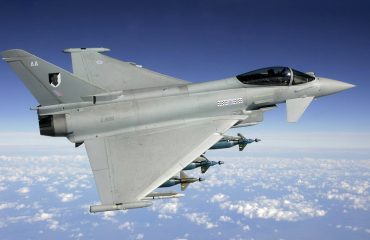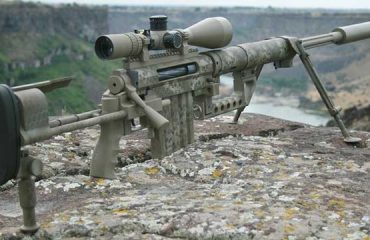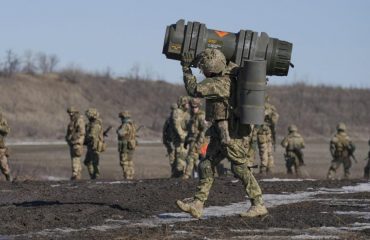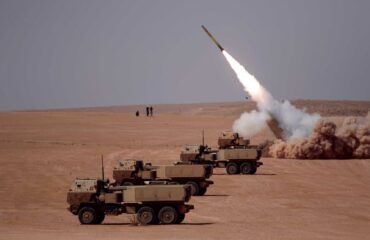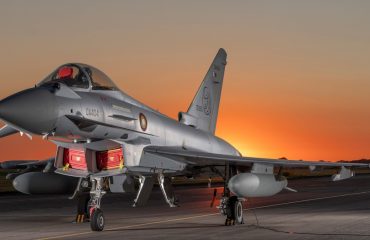French Drone Demonstrator Conducts Maritime Flight Trial, Completes Risk Reduction Phase

France has tested the flight capability of its latest VSR700 tactical drone demonstrator at a French defense procurement agency (DGA) missile testing facility in Ile du Levant.
The flight was part of a risk removal study for the government’s shipborne unmanned aerial vehicle (SDAM) program.
During the trial, the drone was flown on five overwater deployments for a total of nine hours.
“The industrial work already carried out has focused in particular on one of the most significant technical risks, which is being able to take off and land on these buildings completely automatically, with sea conditions equivalent to those acceptable by the manned helicopters currently in service (NH90, Panther Standard2), i.e. sea level 5,” a statement from DGA said.
SDAM Technical Risk Assessment Concludes
Launched with Airbus Helicopters and Naval Group in 2017, the 100-million-euro ($109 million) study validates the VSR700’s performance when deployed from French Navy infrastructure and combat vehicles under various scenarios.
More than 25 experts from French defense, industry partners, and local radar solutions provider DIADES were involved in the latest SDAM risk assessment.
Overall, the team spent 240 hours and more than 160 drone operations to finalize the study.
The flight completion now authorizes the drone for a main testing phase aboard the French Navy’s multi-mission frigates later this year.
“The performance in March 2022 of more than 130 landings on a civilian boat in significant sea conditions demonstrated that the system takes off and lands fully autonomous,” the DGA said.
“Thus, the VSR700 has passed an important stage in its development and can now continue its tests in 2023 from a FREMM of the French Navy. These future tests will close the risk removal phase of the SDAM program, making it possible to envisage its launch in production.”
France’s VSR-700
The VSR700 is based on the Guimbal-built Cabri G2 light helicopter and is equipped with a ship location system transponder, maritime surveillance radar, and an optronic ball camera.
The drone is designed to fly for eight hours and up to 150 kilometers while carrying two main payloads.





